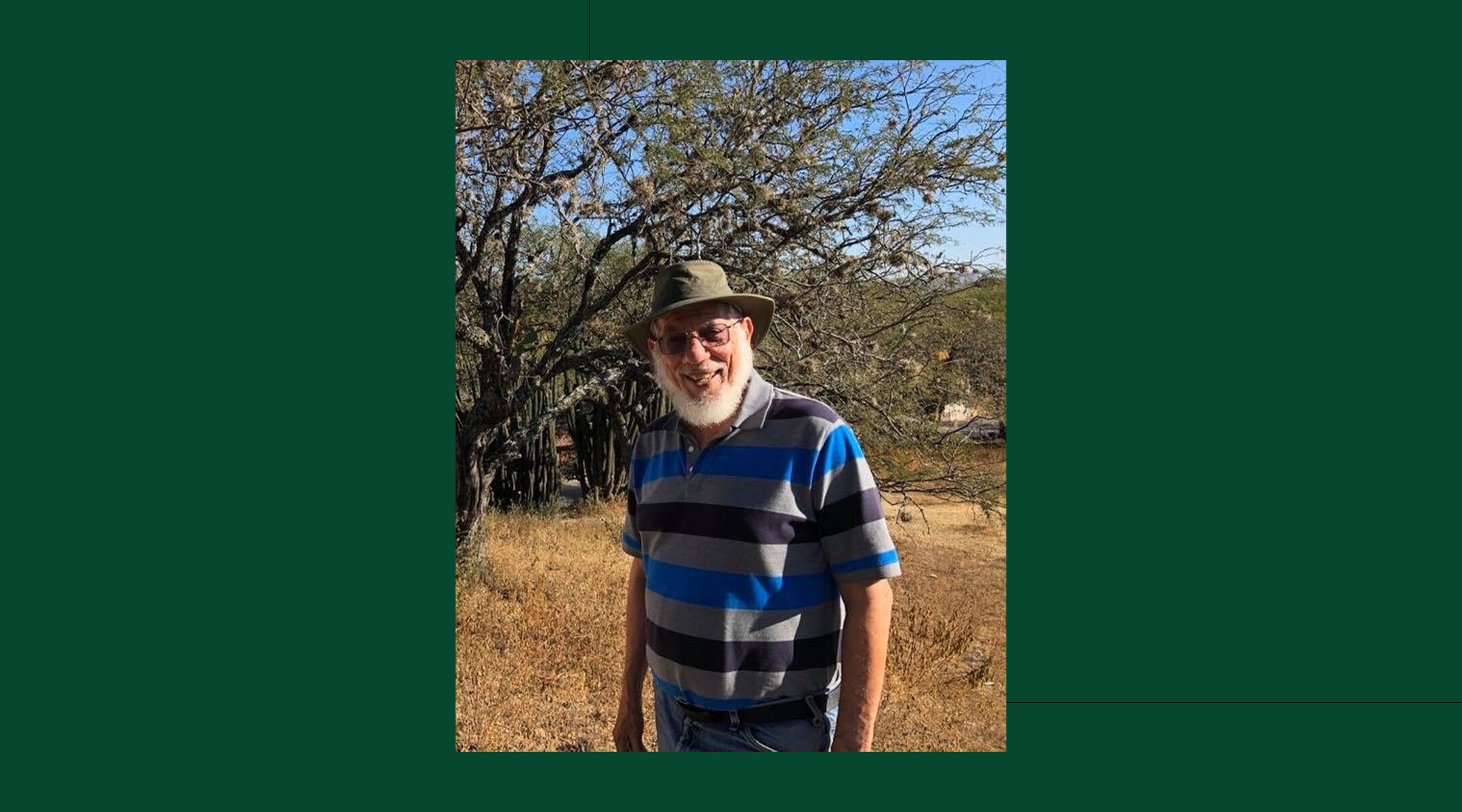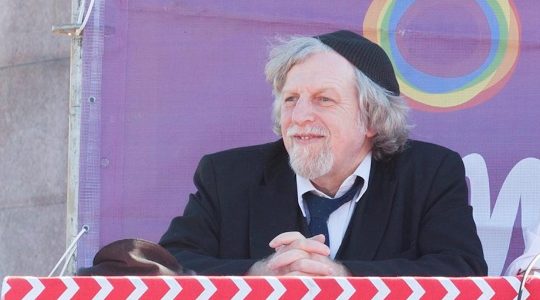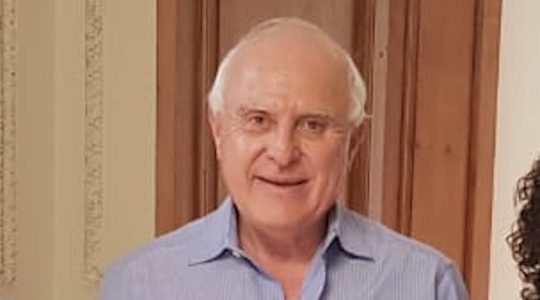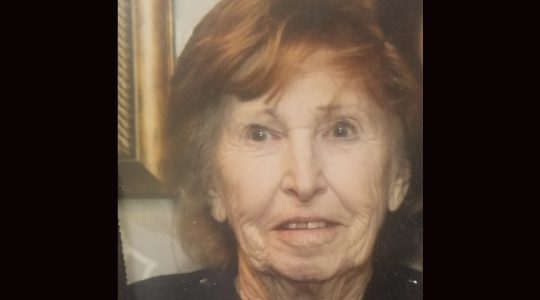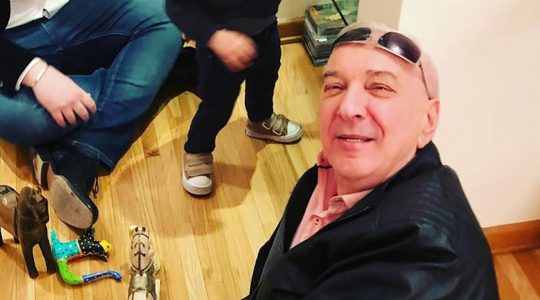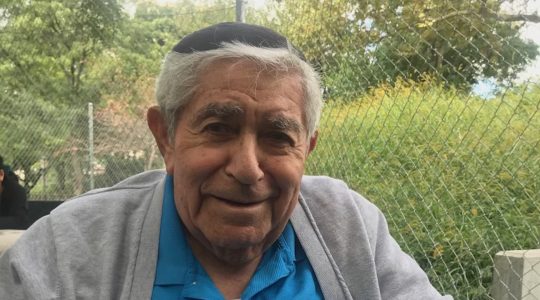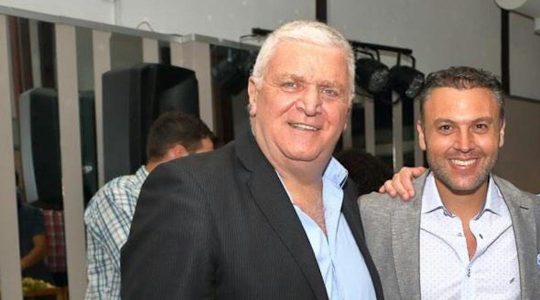(JTA) — When David Gitlitz first walked the Camino de Santiago, a network of pilgrimage trails in northwestern Spain dating to the Middle Ages, he was a young professor at Indiana University. The 500-mile trek became an enduring fascination for Gitlitz and his wife, the late Linda Kay Davidson, whom he met on that first trip in 1974.
They would return to the trail four times over the next 22 years and published multiple books on the history and cultures of pilgrimages around the world, including one specifically focusing on the Camino. Both academics, the pair’s first collaboration had been a cookbook, “Drizzle of Honey: The Lives and Recipes of Spain’s Secret Jews,” which won a National Jewish Book Award in 1999. Gitlitz had won the award three years earlier for his book “Secrecy and Deceit: The Religion of the Crypto Jews.”
Gitlitz, who died of complications from COVID-19 on Dec. 30, in Oaxaca, Mexico, where he lived in retirement, began his career as a professor of Spanish language and literature at Indiana University. Over the next 45 years he held faculty appointments at the University of Nebraska, SUNY-Binghamton and the University of Rhode Island, where he also served as provost.
His research interests grew to include Sephardic Jewish history and pilgrimage, and he served as a senior adviser in the Society for Crypto-Judaic Studies. He continued to publish new scholarship even after his 2013 retirement to Oaxaca.
His “superb scholarship was always infused with a concern for humans, past and present,” Judith Cohen, an expert in Sephardic music and a lecturer at York University in Toronto, wrote in a tribute.
“He was like a great walking living library,” Rebecca Romero, a family friend, wrote in an online tribute. “He knew about everything!! But he never lost his admiration about anything.”
Gitlitz liked recording the migration patterns of local birds, his observations of the flora and fauna around him, and even had a blog detailing the couple’s acculturation to life in Oaxaca.
Gitlitz was well-known in the town of Santa Cruz Etla in the Oaxaca region, where he led youth trips to ecological reserves in the area and served as a tour guide for visiting friends and colleagues. Fluent in Spanish, he also participated enthusiastically in local events, like town assemblies and Día de los Muertos celebrations.
He is survived by his daughters, Abby and Deborah.
JTA has documented Jewish history in real-time for over a century. Keep our journalism strong by joining us in supporting independent, award-winning reporting.
